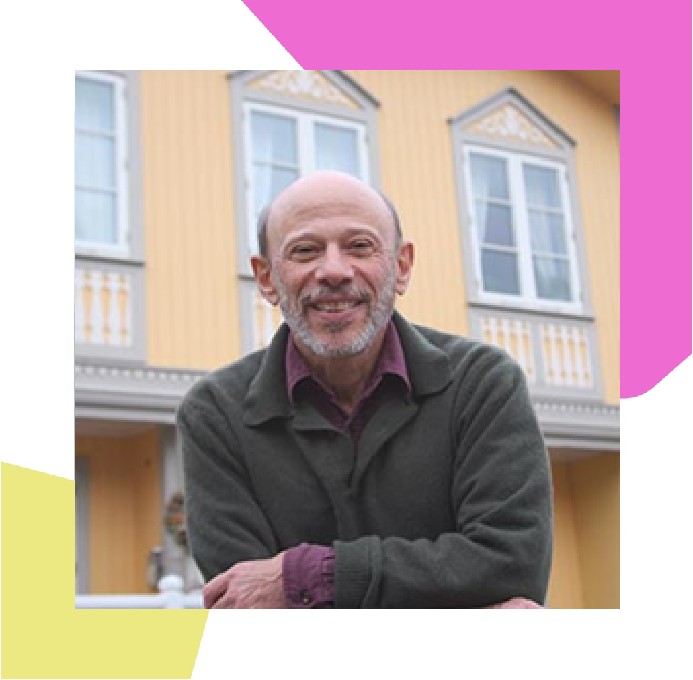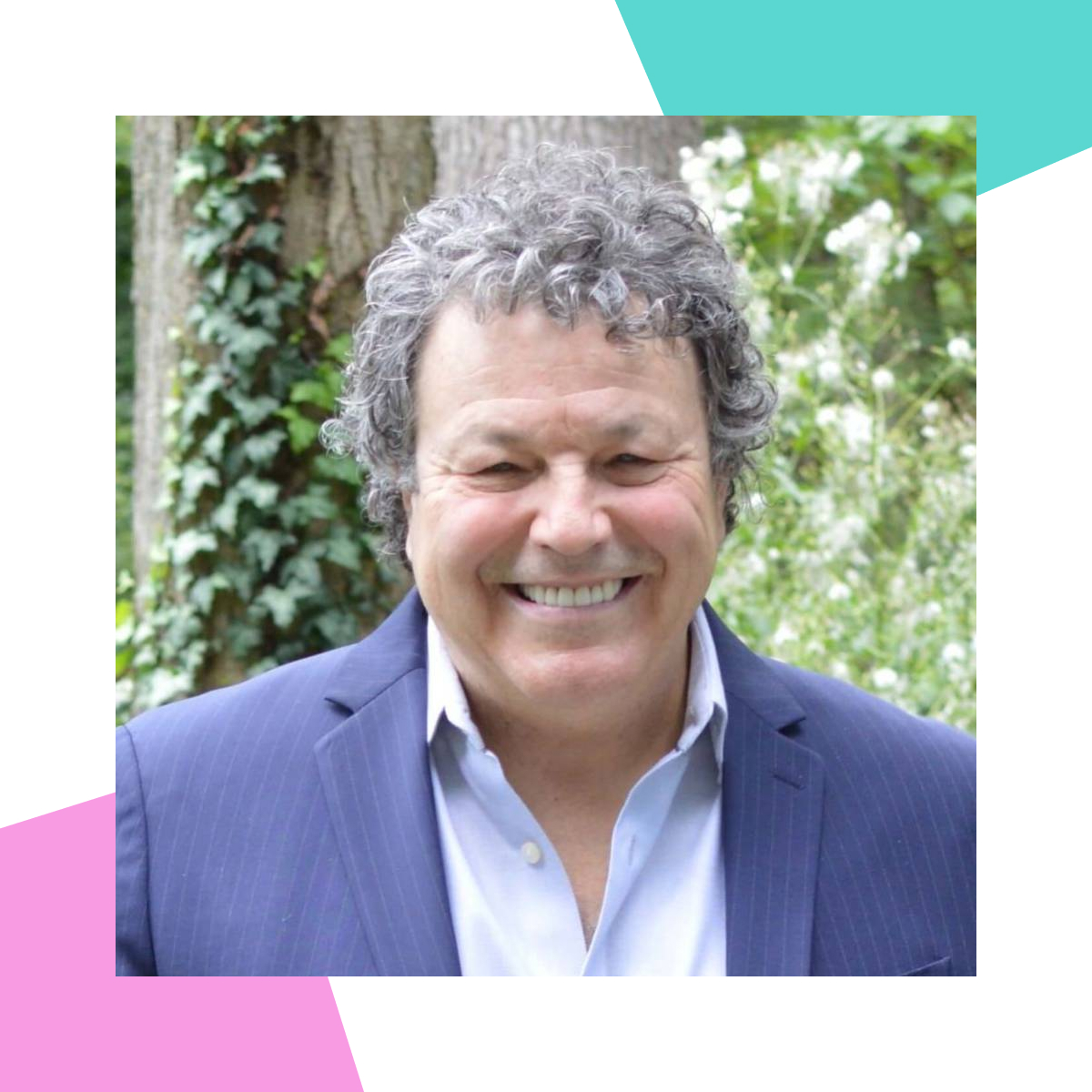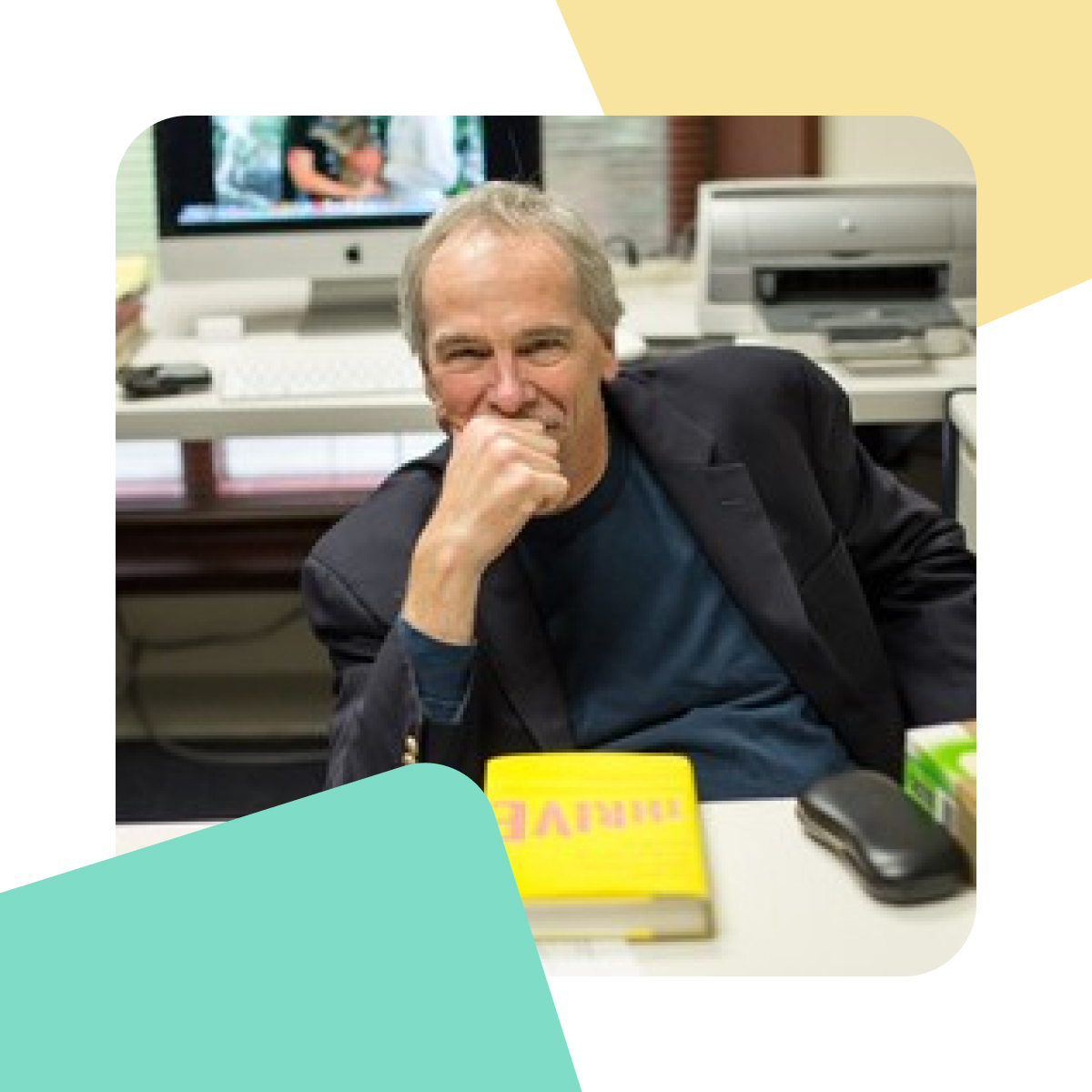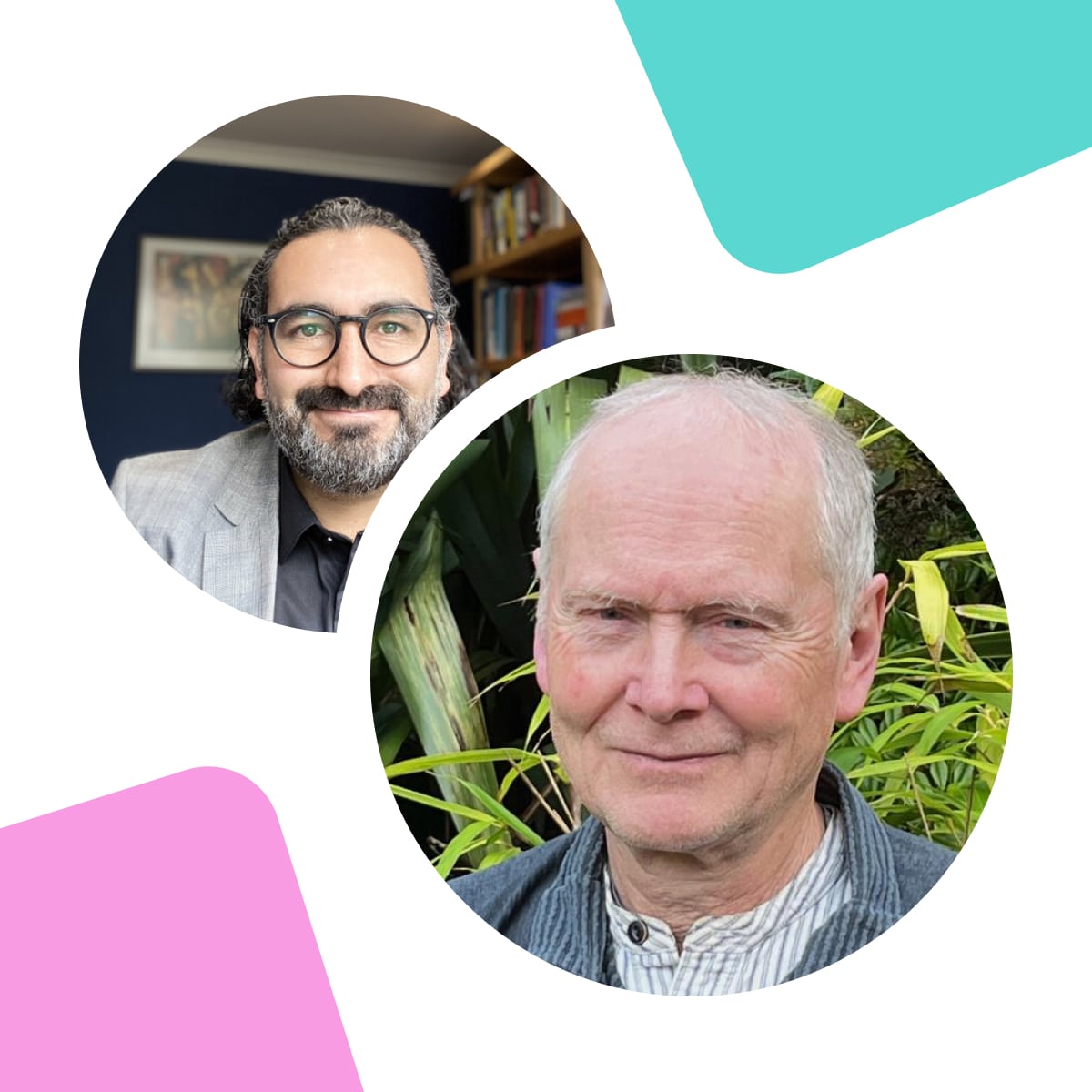Description
In this episode, Bruce sits down with Dr. Mick Cooper, Professor of Counselling Psychology at the University of Roehampton and author of Working at Relational Depth in Counselling and Psychotherapy, to discuss what therapists should — and shouldn’t — do in a psychotherapy session.
Dr. Cooper, a leading voice in humanistic and existential approaches, joins Bruce for an engaging conversation about the most common pitfalls in therapy, from therapist passivity and over-talking to over-intellectualizing the client’s experience. Together, they explore how small missteps — like avoiding emotion, sticking rigidly to one model, or trying too hard to “sound like a therapist” — can erode authenticity and connection.
Throughout the episode, Bruce and Mick emphasize the importance of balancing cognitive insight with emotional engagement, maintaining genuineness in the therapy room, and helping clients stay connected to what truly matters. They also discuss the complexities of colluding with clients, the need to explain the therapeutic process, and how flexibility, feedback, and humility are crucial for effective practice.
The conversation comes to life through live role plays, where Bruce and Mick demonstrate both ineffective and effective therapeutic responses — showing in real time how attention to emotion, responsiveness, and attunement can transform a session.
Dr. Mick Cooper, Ph.D., is Professor of Counselling Psychology at the University of Roehampton and author of several influential books on humanistic and pluralistic therapy. Dr. Bruce Wampold, Ph.D., is Emeritus Professor at the University of Wisconsin–Madison and author of The Great Psychotherapy Debate: The Evidence for What Makes Psychotherapy Work.


























